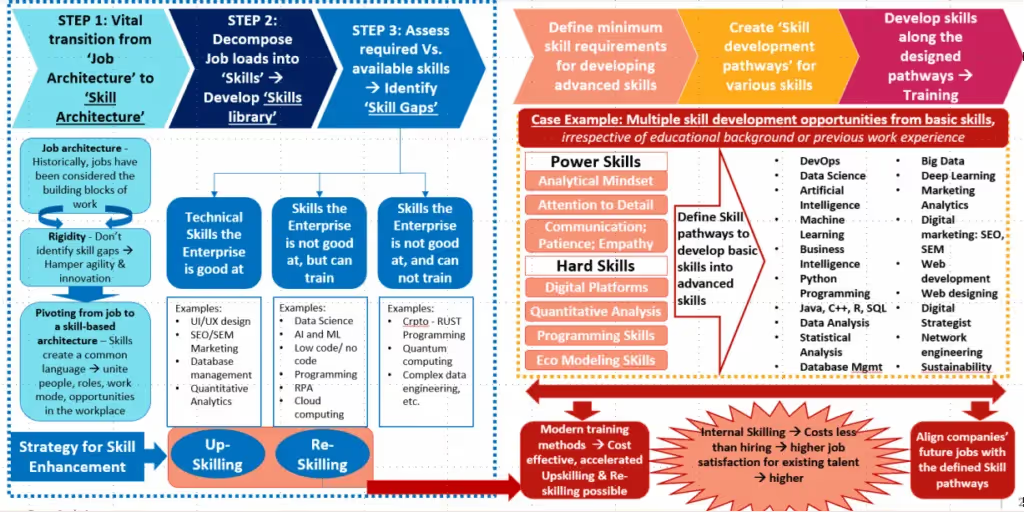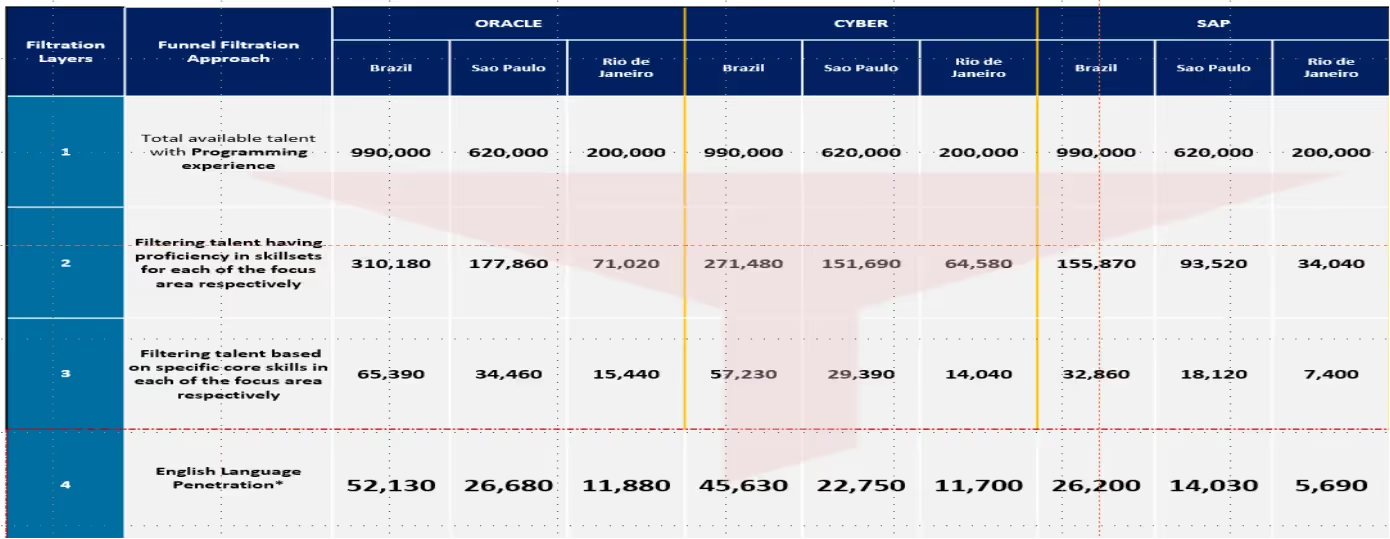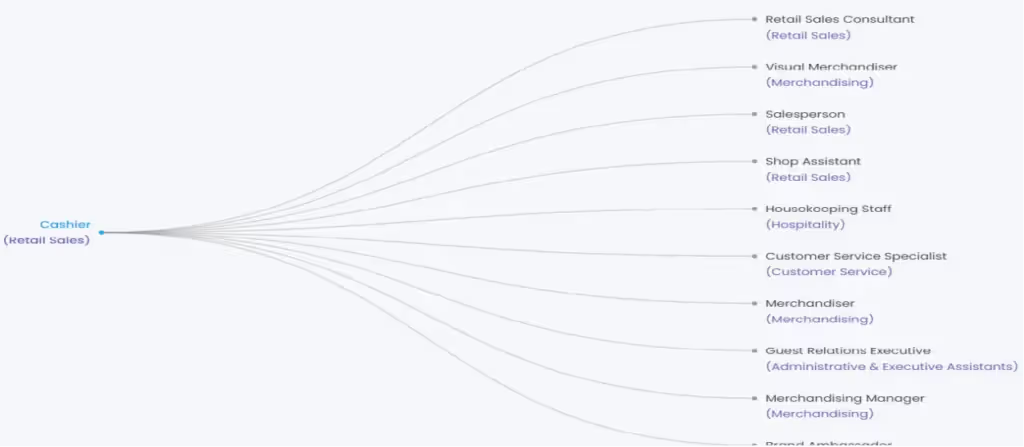Labor Insights to Plan your Talent Strategy for 2023
This week we met with several business and HR leaders across Europe and Midwest in the US. While the news that comes from news feeds of the labor market, in terms of layoffs, may be a bit unsettling, it was inspiring to observe ground-level initiatives on talent and skill building. I had the privilege to closely observe and define certain aspects of how Pittsburg in the US is creating a roadmap for people to learn Robotics skills. Similarly worked with many organizations in defining the role of Solutions Architect, which is becoming critical in all organizations. The VC funds and focus on skills development are increasing in intensity in places like Lithuania, Latvia, and Estonia. These are awe-inspiring journeys and proof points that we need to ruthlessly focus on skills development and creating new talent pools for the required skills.
These are important insights as you plan your 2023 labor strategy. Here are some key considerations for your 2023 planning
- Developing a skills blueprint and career progression/learning pathways for various sales roles has become extremely critical. As technology and the cloud have transformed all products, salespeople require plenty of digital skills and awareness of the digital transformation
- The role of Product Managers is outdated in many enterprises. In many enterprises, product managers should operate as mini-CEO with a heavy understanding of the commercial implications of what is committed to customers. This skills portfolio needs to be relooked
- Modern-day implementations of your banking or industrial product require integrations with multiple systems. The role of Solutions Architect, pioneered by cloud companies, is becoming critical across several industries
- Roles in finance require training on Subscription Revenue Recognition principles, also called ASC 606 certifications
- Many studies show that about 80% of AI projects are still in the proof stage. The emphasis is now on feeding high-quality data to these projects. This is where MLOPs can be highly beneficial. The good news is you can move many of your existing analytical talents into MLOPS
- Many companies do not have a blueprint for how to work with Automation and Robotics. How will we teach our frontline workers to work with a robot in 2 to 3 years possibly? How will we teach call center workers to work with tools like RPA? These are critical labor questions as Automation will not replace humans as we think it might
- Draup predicts HR will have to create roles in AI Bias Management to make AI truly effective for the companies
- Like Data Analytics, sustainability is also going to be a horizontal skill that impacts all roles in some form or the other
As you can imagine, our hands will be full of work in 2023. We discussed three strategies with leaders that may be helpful for you
Strategy 1: Granular Skills Modeling
Transforming current jobs into skills architecture and understanding the next value skills that the workforce should train on.
For example, all IT Devops should immediately learn Sustainability and Green Modeling.
Mapping the skills will require some effort but very helpful

Strategy 2: Location Advantage in your existing footprint.
The leadership may not have the energy to open a new green location, but your existing footprint may already provide advantages. Much of Eastern Europe and Latin America, South East Asia, and the Midwest in the US are not very well understood. In areas of skills deficiency, we can use existing global locations if we build a funnel approach

Strategy 3: Workforce Simulation.
Even after several career mapping initiatives, the granularity of possibilities is still evading us, but this area will be very helpful. I conducted a few workshops with workforce commissions, and one thing that became evident is the granularity required in this mapping is paramount

Overall, we are pretty excited about HR’s role under emerging circumstances. If we plan the initiatives correctly, we can accelerate transformation and adaptation and make the enterprises genuinely care for a great workplace.










.svg)





















.svg)





.svg)
